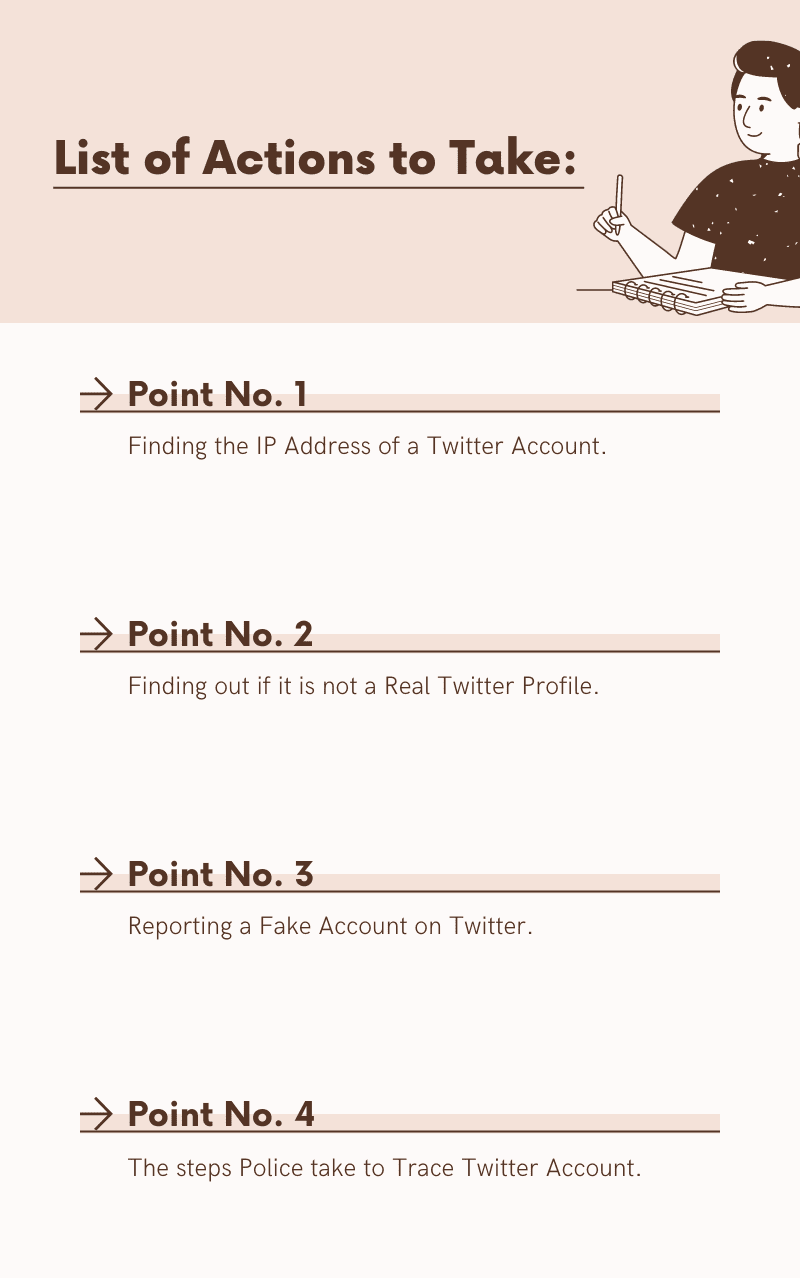Contents
Why is Elon Musk Buying Twitter?

Why is Elon Musk buying Twitter? Is he really focused on the spam bot problem? Or is he trying to protect the free speech of people on the platform? These are legitimate questions, and it’s worth delving deeper into this topic. But it’s worth noting that the deal is not yet final. If Musk does decide to back out, he’ll face a $1 billion breakup fee and Twitter could sue to prevent him from completing the acquisition. In the event that something goes wrong, Musk can get out of the deal if the acquisition causes a “material adverse effect” to Twitter. That said, it’s possible that Musk is focused on the spam bot problem, as he’s waived many rights to peek under Twitter’s hood.
Elon Musk wants to make Twitter private
There are many benefits to making a company private, and Musk’s recent plans for Tesla and SpaceX might be a good example of that. By avoiding quarterly financial reporting, a company can focus on more ambitious long-term goals. Musk also wants to get away from the scrutiny of the SEC, who he called “bastards” in 2017. He has settled an investigation by the SEC after being falsely accused of claiming to have the money to take Tesla private. Nevertheless, his decision to take Twitter private has triggered a storm of controversy, and some employees have come out in support of his bid.
But the decision to make Twitter private has drawn a mixed reaction from users and Wall Street analysts. On one hand, it may be beneficial for users, but it could alienate advertisers. On the other hand, some digital rights activists have expressed concern about Musk’s decision. They say that if Twitter becomes private, it could stifle free speech on the site. However, others say that while it’s good for users, it could also lead to increased censorship. Ultimately, this decision will ultimately be up to the user.
There is no indication that the government will intervene in the Twitter purchase, but the decision by the Tesla CEO could have seismic consequences in American politics. It might bring Donald J. Trump back to the platform, which he has repeatedly attacked. Even if voters consistently disapprove of Trump’s tweets, the president’s presence could be beneficial to Democrats, who are desperate for a villain. But if it does, it could prove to be a disaster for Tesla and SpaceX.
He wants to protect free speech
Musk has said he wants to make Twitter an arena for free speech, which has fueled speculation about whether he’s interested in regulating the speech on the platform. Regulation of social media is increasingly focused on accountability and transparency, illegal and harmful content, and protecting users’ rights. Musk’s recent statements suggest that he’s interested in a more nuanced approach. A possible solution may be to create a new company that has more control over its content than the rest of the world.
It’s difficult to see how the SEC and other regulators would view Elon Musk’s move as protecting free speech. Musk’s financial backers include Saudi Arabia’s Alwaleed bin Talal and Qatar’s sovereign wealth fund. Both of these countries have a long history of censoring free speech and openly punishing those who criticize the government. Besides this, Elon Musk’s plans to buy Twitter may also be a ploy to keep Trump from censoring his content.
Elon Musk’s plans to buy Twitter have sparked a new debate about how billionaires can influence public discourse and free speech. While the acquisition of Twitter will allow him to expand Twitter’s user-controlled features and rid it of spam bots, it will also make it more difficult for other companies to monitor and moderate speech. But it is clear that Elon Musk has high principles. This decision could lead to a better, more open society.
He wants to prevent fake accounts
Tesla CEO Elon Musk said he wanted to clean up Twitter after bots have taken over the social media platform. Musk has called Twitter a “public town square” and has expressed his concern about the number of fake accounts. He says if Twitter users cannot trust the posts made by automated bots, the service will lose its value. Musk’s tweet on May 3 is the latest example of this concern.
In a letter to Twitter’s Chief Legal Officer Vijaya Gadde, Musk’s lawyer sought information on fake accounts and spam. Twitter said last month that less than five percent of its 229 million users are fake. Musk raised doubts about the authenticity of the accounts on the social network and suggested he might pull out of the deal if he cannot get his way. This may be a bargaining tactic by the entrepreneur and Twitter.
It is unclear what exactly the reasons for Musk’s hesitation. Twitter is already taking steps to crack down on spam bots, which promote scams involving cryptocurrencies. Musk’s tweet also prompted a poop emoji. But some believe that he is simply getting cold feet and wants to renegotiate the deal. If Musk walks away from the deal, Twitter could sue him and force him to pay the company a $1 billion fee.















